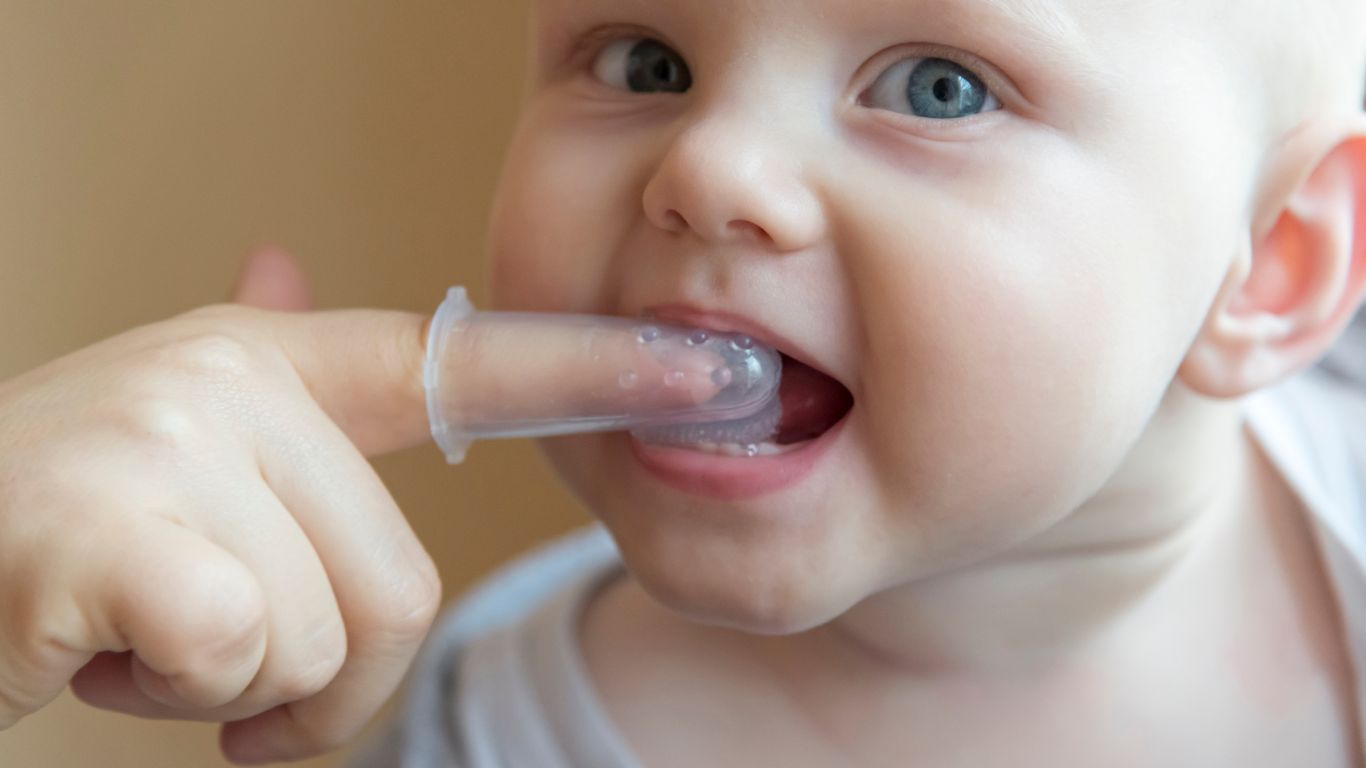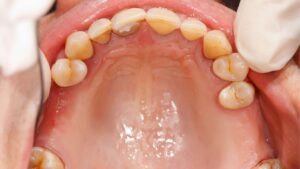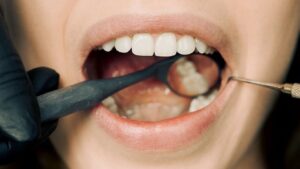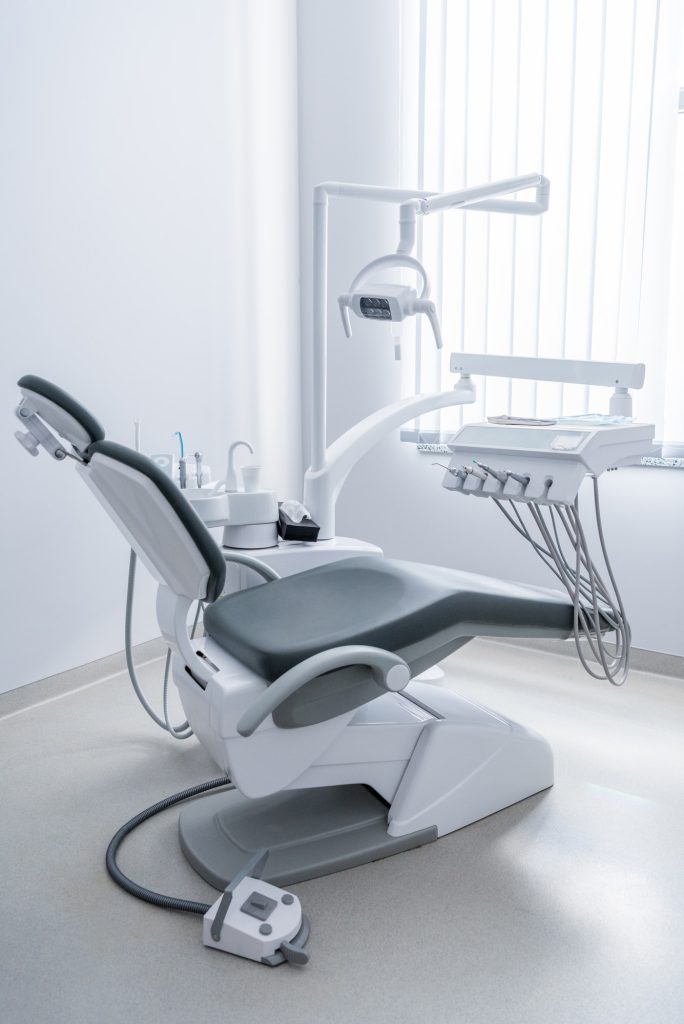Teething is a normal part of your child’s development, but it can still be a stressful time for both parents and children. As baby teeth begin to emerge, discomfort, fussiness and sleep disruption can become common. Understanding what’s normal, how to manage discomfort safely, and when to consult a professional can help make this stage easier to navigate.
At Radiant Smiles Dental Bundoora, our team is here to support parents through every stage of their child’s oral health — starting from those very first teeth.
Understanding Teething: What to Expect
Teething typically begins between 6 to 10 months of age, although it varies from child to child. This process involves baby (primary) teeth pushing through the gums, often causing tenderness and irritability.
Common signs of teething include:
- Increased drooling
- Swollen or tender gums
- Desire to chew on objects
- Irritability or clinginess
- Disrupted sleep
- A slight increase in body temperature (generally under 38°C)
Note: While many parents report mild fevers or loose stools during teething, high fever (over 38°C), diarrhoea or vomiting are not considered typical symptoms and may indicate another issue. If you’re unsure, consult a healthcare professional or paediatric dentist.
Stages of Teething in Children
Understanding when teeth are expected to erupt can help you prepare for each stage. While every child is different, here’s a general timeline:
| Age Range | Typical Teeth Appearing |
| 6–10 months | Lower central incisors |
| 8–12 months | Upper central incisors |
| 9–13 months | Upper lateral incisors |
| 10–16 months | Lower lateral incisors |
| 13–19 months | First molars |
| 16–22 months | Canines |
| 25–33 months | Second molars |
By around age three, most children will have a full set of 20 primary teeth.
Safe and Soothing Ways to Ease Teething Discomfort
You don’t need strong medications or gels to comfort your teething child. Try these parent-approved, dentist-recommended techniques:
Gentle Gum Massage
Use a clean finger to gently rub your baby’s gums in a circular motion. This light pressure can provide temporary relief.
Chilled Teething Aids
A clean, damp washcloth or silicone teething ring chilled in the fridge (not frozen) can help numb sore gums and reduce inflammation.
Safe Chewing Options
Offer your child a firm, safe object to chew on, like a silicone teether or sugar-free rusk. Avoid small or breakable items that pose a choking hazard.
Cold Foods
If your child has started solids, try offering chilled foods like yoghurt or pureed fruit. These can soothe gums while offering nourishment.
Comfort and Reassurance
Holding, cuddling and soothing your child offers emotional comfort, especially during restless nights.
Teething Remedies to Use with Caution
Teething Gels
Many teething gels contain ingredients such as benzocaine or lidocaine, which are not recommended for infants. These can be harmful if swallowed and are best avoided unless specifically advised by a healthcare professional.
Over-the-Counter Pain Relief
If discomfort is severe, infant-safe pain relievers may be considered — but only under the guidance of a healthcare professional who can ensure the correct dosage.
Avoid Teething Necklaces
Amber teething necklaces are not recommended due to choking and strangulation risks, and they offer no proven relief.
When to See a Healthcare Professional or Dentist
While mild discomfort is expected during teething, there are times when professional advice is needed. Book an appointment if your child experiences:
- A fever above 38°C
- Refusal to eat or drink
- Vomiting or diarrhoea
- Swollen or bleeding gums
- Delayed tooth eruption beyond expected milestones
- Persistent irritability or sleep issues
At Radiant Smiles Dental Bundoora, our family-friendly dental team can assess whether your child’s symptoms are teething-related or due to another cause.
Your Child’s First Dental Visit
The Australian Dental Association recommends children have their first dental visit when the first tooth appears or by their first birthday. Early dental visits help:
- Monitor healthy eruption of teeth
- Spot early signs of decay or developmental concerns
- Offer guidance on teething and oral hygiene
- Build a positive, fear-free relationship with the dentist
Our Bundoora kids dentists provide gentle, child-focused care in a warm and supportive setting.
Establishing Good Oral Hygiene Early
Oral care starts well before all teeth are in:
- Wipe your baby’s gums with a soft, damp cloth after feeds
- Start using a soft-bristled baby toothbrush and water once the first tooth erupts
- From 18 months, introduce a pea-sized amount of low-fluoride toothpaste and teach your child to spit it out
- Brush twice daily and supervise your child’s brushing
We’ll walk you through these steps at your child’s first visit and support you as they grow.
Gentle Teething Care Starts with the Right Dental Care
Teething may be a bumpy journey, but with the right support and information, it doesn’t have to be overwhelming. By recognising typical symptoms, using safe soothing strategies, and involving your child’s dentist early, you’re setting them up for a lifetime of healthy smiles.
For trusted support with your child’s teething and oral health, book an appointment at Radiant Smiles Dental Bundoora. We’re proud to provide compassionate, family-friendly dental care for children of all ages. Our team understands that early experiences with the dentist can shape lifelong attitudes toward oral health. That’s why we focus on gentle care, clear advice, and open communication — especially during milestones like teething.









